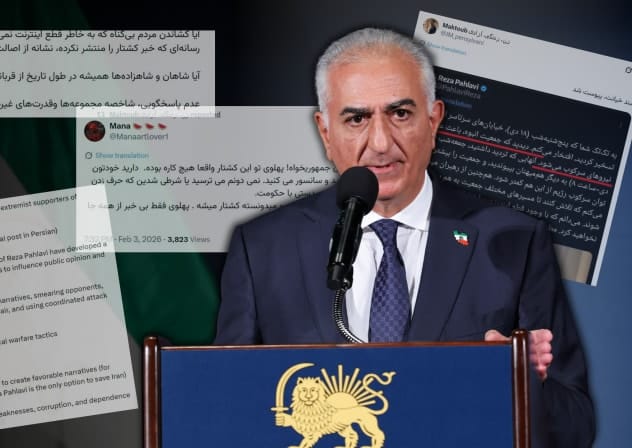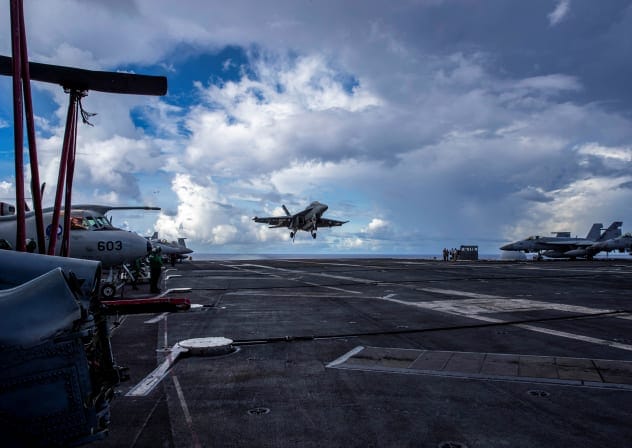IRIB chairman: 'The Strait of Hormuz will be the place of massacre and hell for the US'
The IRGC Navy’s Public Relations Department alleged that more than one million liters of smuggled fuel were found on the ships.

The IRGC Navy’s Public Relations Department alleged that more than one million liters of smuggled fuel were found on the ships.




There were reports that Supreme Leader Ali Khamenei “issued a directive” to mobilize the cyber apparatus against Pahlavi.

Iranian harassment of US ships prompts military reaction, increasing already-strained tensions between the two countries.

Iranian officials have repeatedly said Tehran had recovered from the damage incurred during the war and that its capabilities are better than ever.

The Jerusalem Post learned that Iran told mediators that it is ready to discuss the nuclear issue and is even willing to consider compromises.

Anwar Gargash, advisor to UAE President Mohammed bin Zayed Al Nahyan, said the Gulf state does not want to see another regional confrontation.

US authorities are examining whether crypto platforms helped Iranian officials evade sanctions, as digital currency use in Iran surged to billions of dollars last year.

Experts stressed that Iran’s Islamic regime has spent decades covertly entrenching itself across the continent, often under the cover of diplomacy, making removal far from straightforward.

Iran’s central bank began distributing a 5,000,000-rial “Iran-cheque” on Sunday, describing it as a step to “facilitate the circulation of cash” and speed up everyday transactions.

Iran's Foreign Ministry has not commented on Derikvand's actions, according to the outlet, and has "avoided discussing the case or claiming ignorance due to fear of intelligence agencies."

As Trump’s envoy Steve Witkoff arrives in Israel, officials see the visit as a real-time effort to test Israel’s red lines on Iran and gauge what kind of deal Jerusalem could tolerate.
